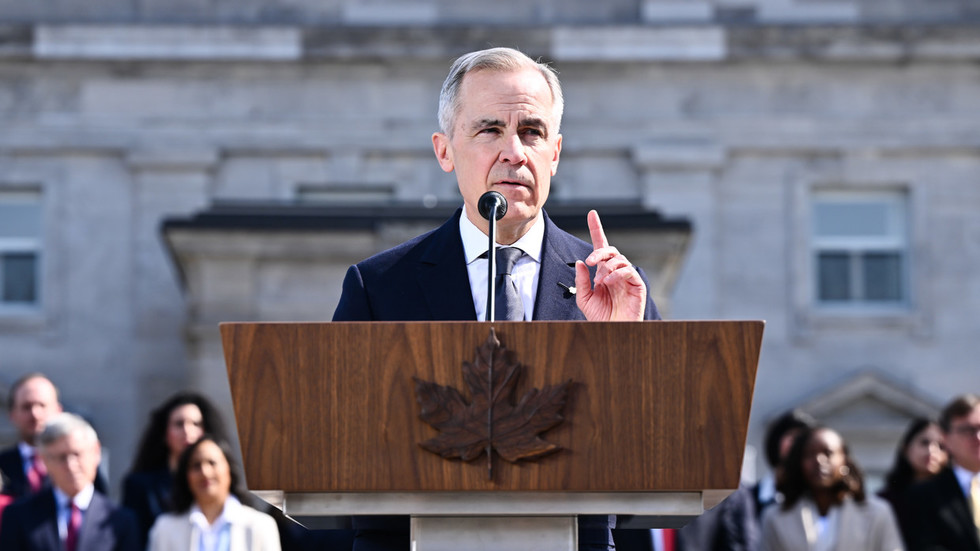Argentina’s Senate has rejected two Supreme Court candidates that President Javier Milei nominated by decree, dealing a huge blow to the libertarian leader.
The Senate voted down both candidates, federal judge Ariel Lijo and conservative legal scholar Manuel García-Mansilla, who were appointed by presidential decree during Congress’s summer recess — an act that provoked accusations of executive overreach.
Senators and human rights campaigners said Milei's move challenged institutional norms and risked upsetting the balance of power between Argentina’s branches of government.
"It’s a serious institutional conflict that the executive branch has initiated against the legislative and judicial branches," said Senator Anabel Fernández Sagasti from the opposition Unión por la Patria bloc. "What we are discussing is an institutional assault."
Milei’s nominations came as part of his broader strategy to push through economic and state reforms, and analysts say he hoped to appoint justices who would rule favourably on challenges to his policies.
His Libertad Avanza coalition holds just seven of the 72 Senate seats, leading the president to frequently govern by decree.
Lijo, whose candidacy was previously rejected last year for lacking the required two-thirds majority, has been widely criticised by opposition and watchdog groups for his record on corruption cases. He has faced allegations of money laundering, stalling key judicial processes and misusing authority, all of which he denies.
During Thursday’s debate, centrist lawmaker Luis Juez called Lijo a hypnotist for allegedly putting certain cases to "sleep if it suits political powers".
García-Mansilla, a law professor known for his socially conservative views, particularly on abortion, faced firm resistance from Peronist senators, who make up 45% of seats.
In the final tally, Lijo received 43 votes against and 27 in favour, while García-Mansilla was rejected by a wider margin, with 51 votes against and only 21 in favour.
In a statement issued late on Thursday, Milei’s office condemned the outcome, accusing lawmakers of political bias.
"The Senate has rejected nominations proposed by the president for purely political reasons and not for reasons of suitability," it read, adding that leaving the court short of two judges was equivalent to obstructing justice.
The statement added that Milei would aim to "restore people’s confidence in the institutions using all the tools that the constitution and popular vote placed in his hands".
While the president’s supporters condemned the result, others welcomed it as a victory for checks and balances.
"Today the Argentine Senate put a stop to one of the most serious attacks on judicial independence since the country’s return to democracy," said Juan Pappier, deputy Americas director at Human Rights Watch.
"President Milei risked undermining some of the very basic checks and balances of Argentina’s democratic system," he added.

 18 hours ago
1
18 hours ago
1






 We deliver critical software at unparalleled value and speed to help your business thrive
We deliver critical software at unparalleled value and speed to help your business thrive






 English (US) ·
English (US) ·